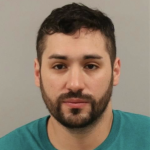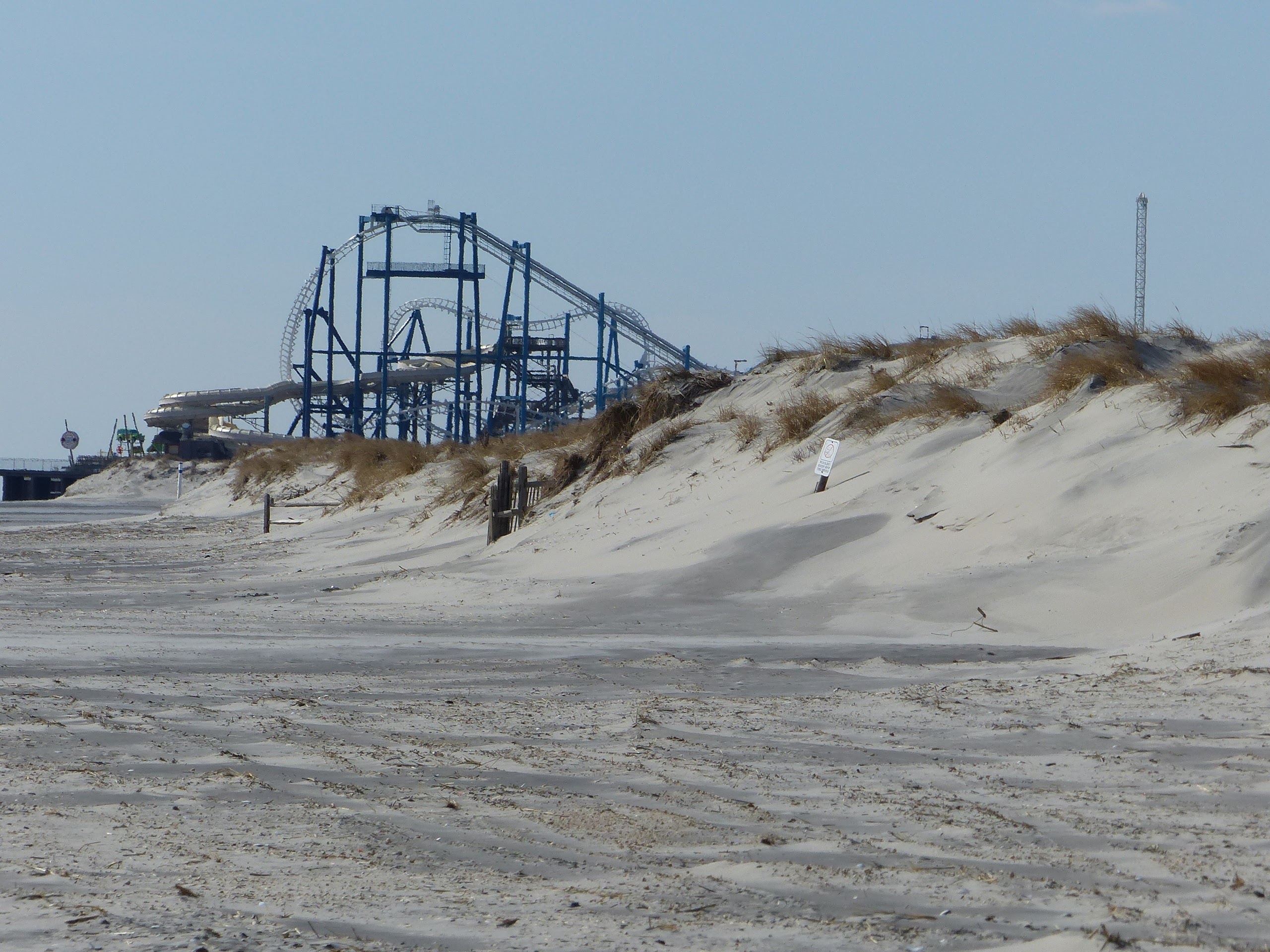I don’t particularly like growing older. When I can look past gray hair and it takes longer to recall some names and events, I believe being born in 1949 has afforded some unique opportunities that gave me important links to history.
My father might have been called to serve in World War I, but the armistice was signed just prior to his entry date. He said the company he would have likely served with would have been sent to Château-Thierry where a terrible battle was fought July 18, 1918.
My grandmother used to talk about Armistice Day on Nov. 11. She said in those early years, shortly after the war ended, everything would stop at 11 a.m. on Nov. 11 to remember the end of the fighting in World War I. She also talked about President Woodrow Wilson and about the League of Nations, and how that was supposed to prevent future wars. She also talked about doughboys and sang songs like “Over There.” At the time, I only wondered why soldiers wore odd-shaped helmets instead of the newer variety.
In my teen years, a neighbor across from our South Main Street home, Fred Tozer, would sit on his front porch and reminisce about the horror he went through as a young man, just about my age, in the trenches of World War I. That “war to end all wars” left Fred with cloudy vision caused by exposure to German mustard gas. To hear him tell of the encounter was awful as he rocked back and forth on his open front porch, gazing west, as if still in that trench. He gripped a Schmidt’s beer bottle in one hand as he scratched his faithful dachshund which normally flopped into his lap. The pooch would growl at passing motorcycles and Fred would tell him to shut up.
There was another neighbor and World War I vet, Herb Chandler. He would tell me about Flanders and the poppies that grew there. Every time since then, when I hear that famous poem about Flanders fields where poppies grow, I think of Herb.
That’s the thing about old veterans; you can hear them tell the way it really was in those storied battles. There was no glory, no Hollywood embellishment, just filth, blood, pain and death, and so very little glory. Many veterans carry the wounds, physical or mental, home. Long after an armistice or peace treaties are signed, and the politicians, generals and admirals retire to comfortable places, ordinary doughboys are left to live the rest of their days with war’s imprint.
Neither Fred nor Herb talked about waving the flag or patriotism. Like many veterans, they were just average guys serving the country. They were patriotic, but didn’t wear it on their sleeves.
As a lad, I played soldier, wore a plastic helmet, swilled water from a canteen, and shot toy guns, which my mother loathed although they were just playthings. She always made me promise to only use the guns against “bad guys.” Sure thing, Mom, no problem, I would vow. So, fueled by World War II movies and TV shows, I was always aiming at faceless, nameless Axis enemies who prowled behind our shed or near the old peach tree in the backyard.
One of my older cousins on Dad’s side fought in a place called Korea. Mom said his mother would send him cookies and warm stuff because it was cold there. I didn’t know where it was, nor why anyone would want to be in a war, especially where it was cold and nasty. War was something I fought in our backyard in nice weather, or so I envisioned.
He came back from the war, and my aunt was elated. She lived in Ohio, and we lived in Court House, so I never learned much about Korea. It wasn’t until later in life I began to meet Korean War veterans who told how unbelievable the cold was as they fought the Chinese and North Koreans.
In my chosen field I have had the honor of meeting many brave veterans. From World War II, I enjoyed talking with Edward Smith. He was at Pearl Harbor when, on Dec. 7, 1941, Japanese planes attacked the Pacific Fleet.
There were other War II vets, Paul Greenland, Gus Epple, Milt Shepherd, Rudolph Callender, who suffered frigid temperatures in the Battle of the Bulge. I have also interviewed a prisoner of war, Roland “Sonny” Alexenberg, who was imprisoned in Germany.
How often I wish I had tape recordings of those veterans’ interviews to relive some of the truths about war so that a new generation, who would never otherwise know, the horrors of war and the twisted minds that cause them to happen.
On the voyage to Vietnam, the minesweeper on which I was stationed took an eternally slow trek across the Pacific and through history. Among places we stopped to refuel was Kwajalein Atoll. Through the aquamarine water one could see rusting hulks of war planes, a somber reminder that peace enjoyed by many cost lives and blood of others who will never be known.
This Nov. 11, I wonder what Grandma would think at 11 a.m., when she recalled the world stopping for a moment of silence. Today, traffic will roll along, schools will carry on as if nothing special had happened. Life will go on. I would safely bet there are few who will take even a minute or two to think about the sufferings of guys like Fred and Herb and untold legions of their comrades who did just what their nations asked of them.
On Nov. 11 in Canada, our closest and forgotten ally, the day is known as Remembrance Day, or Poppy Day. They, too, helped us fight that terrible war, the scars of which remain to this day in so many European towns and fields. Mankind’s inhumanity to man can still be seen, but wars’ lessons are never learned for very long.
Lt. Col. John McCrae, M.D. (1872-1918) of the Canadian Army wrote the poem “In Flanders Fields” that may be recited Nov. 11.
I feel fortunate to have met those valiant vets from another era and distant wars.







